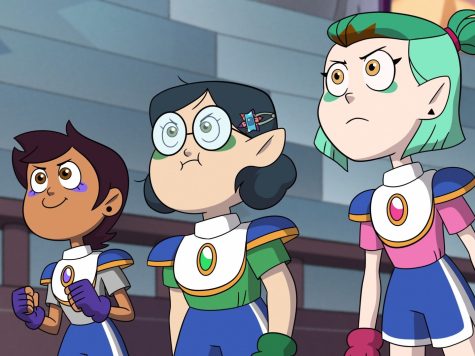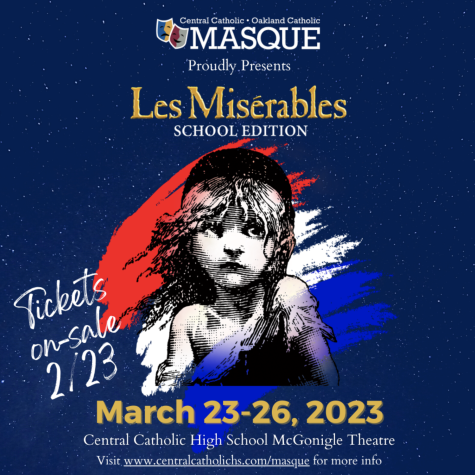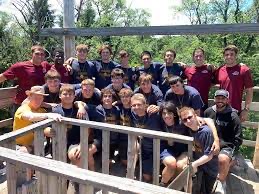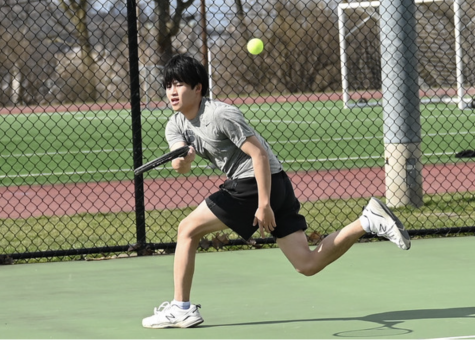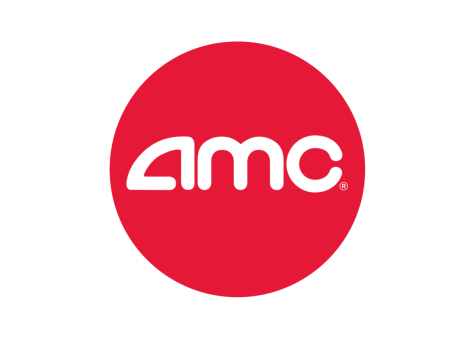Surviving Your Summer Reading

Senior Francesco Gloninger poses with a copy of The Kite Runner, which is of the selections from the senior summer reading list.
It’s nearing the end of the 2018-2019 school year, and for freshman, sophomores, and juniors, that means summer reading. No matter what English class you’re in this year, you’re going to have to do some summer reading. This article should serve as a guide for how to complete your summer reading on time and ready to go for the beginning of next school year. There will also be a review of some of the books for incoming sophomores, because those are the only ones I’ve read.
Now of course, summer reading isn’t by itself, students will have to complete double-entry journals or DEJs along with the required reading. The DEJs may seem daunting before the summer, but if you follow these strategies, they will feel a lot easier:
- Read before August.
- I know this seems like common sense, but it really makes it a million times easier. Having all of the books read before August allows you to space them out and make August a much easier month. Reading your assigned books in June and July means you don’t have to rush the DEJs and can spend some time on them to make them good (42 pages good?)
- Take notes as you read.
- As you’re reading, mark down the quotes that stand out to you that you think you could write a DEJ about. This way you don’t have to worry about doing DEJs in conjunction with reading the book, but instead afterwards. Write notes about how that connects to the DEJ questions you have to answer.
- Watch the movies after you read.
- I do understand this sounds like heathenry, but watching the movie version of the novels you have already read can allow you to get a different insight into the books. However, I cannot recommend doing this for the book Ready Player One because of how vastly different the movie is from the book. And perhaps this advice would apply to the musical in the case of Dear Evan Hansen. MAKE SURE YOU DO NOT SUBSTITUTE READING FOR WATCHING THE MOVIE.
- Read.
- The most obvious, but the one that people have the most trouble with. Just read it.
Now onto the reviews of the novels. Take note on the fact that I haven’t read most of the books that are optional. I have read all three of the required ones (for Honors English II). So here we go:
- Lord of the Flies by William Golding
- This book has one of the best concepts that exists, but the execution is poor. However, you are required to read it, so you may as well deal with it. The book is boring for all but the last two chapters or so. After that, the book really ramps up and is hard to put down. This only lasts about 30 pages, so it almost feels worth reading the book. However, everything leading up is extremely boring. 4/10.
- Fahrenheit 451 by Ray Bradbury
- The book is so heavy-handed in its message that it falls short. The character of Guy Montag is interesting, but he isn’t explored enough to make him truly fleshed out. The dystopia that the characters live in seems unrealistic and it almost seems like Bradbury wants that to be the world that everyone lives in so that he can prove everyone wrong. Not a great ending, extremely anticlimactic, although perhaps it is supposed to be. 6/10
- The Book Thief by Markus Zusak
- One of the best books I’ve ever read. The setting is fascinating, it gives you a German perspective to not only the Holocaust, but also all of World War II. As you follow the story of Liesel, you get many different interesting points-of-view, and although the end of the story is heartbreaking, even though it’s spoiled by the narrator, Death, at the end. The use of the narrator and the description is amazing. 10/10
Good luck!

